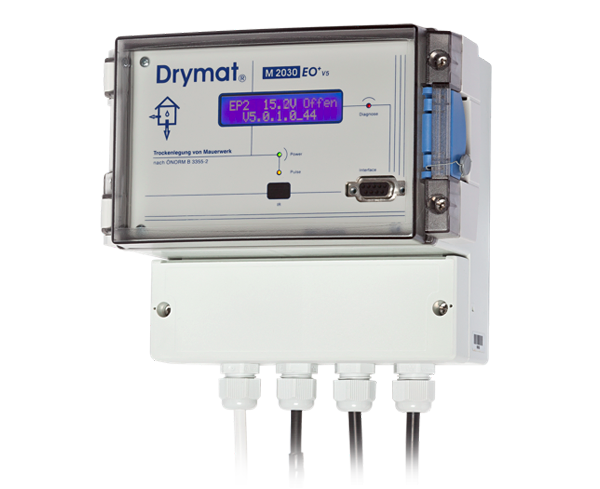
In the pursuit of healthier living environments within Portuguese homes, a critical but often invisible factor is the impact of rising damp on indoor air quality. Rising damp, a condition where moisture seeps upward from the ground into building walls, can significantly degrade the air we breathe indoors, affecting not just the building’s structural health but also the well-being of its inhabitants.
Moisture-laden walls provide a breeding ground for mold and mildew, which release spores into the air. These spores can exacerbate allergies, asthma, and other respiratory conditions, highlighting the need for effective damp-proofing solutions. Moreover, the presence of excess moisture can create an environment conducive to dust mites and other allergens, further compromising indoor air quality.
The Drymat system offers an innovative approach to tackling this issue. Utilizing an electro-physical method, it addresses the root cause of rising damp by altering the water molecules’ structure within the walls. This not only prevents mold growth but also contributes to maintaining a drier, healthier indoor environment.
Improving indoor air quality is about more than comfort; it’s a matter of health, especially in Portugal’s diverse range of climates and building styles. From modern apartments to historic villas, ensuring a dry and healthy living space is paramount for the well-being of residents.
As awareness grows about the importance of indoor air quality, technologies like Drymat are becoming essential tools in creating safer, more comfortable homes in Portugal. By mitigating the effects of rising damp, Drymat plays a vital role in enhancing the quality of life, one breath at a time.
To discuss your needs visit the Drymat Systems website.





